Modernise China's governance? Get rid of deities and emperors
China has put a lot of effort into modernising its governance system over the decades, but it still seems to miss the mark or to have even regressed in some areas. EAI academic Lance Gore puts this down to a muddled understanding of what true modernisation entails. Cult of personality, formalism, and conformity still permeate the system to a large degree, such that decision-makers live in a bubble thinking that all is well.

Few countries take the ability to govern as seriously as China. After all, its tradition of officialdom goes back thousands of years and according to American academic Francis Fukuyama, China established the modern state 1800 years before the West.
During the Hu Jintao era, the Chinese Communist Party (CCP) advocated strengthening the party's governance capabilities and wanted to build a "learning party". In 2013, the 3rd Plenary Session of the 18th Central Committee of the CCP proposed the modernisation of China's governance system and governing capabilities. Last year, the CCP called the 4th Plenary Session of the 19th Central Committee to discuss the modernisation of national governance, raising it to the level of the "Fifth Modernisation". (NB: The Four Modernisations were goals set by Deng Xiaoping to strengthen the fields of agriculture, industry, defense, and science and technology in China.) Evidently, China places great emphasis on the issue of governance.
... China has not yet crossed the first threshold in modernising its governance.
The CCP has put immense efforts into developing its institutions in recent years. The Central Commission for Comprehensively Deepening Reforms meets once a month on average. It passes or introduces new institutional changes or reform programmes each time; after the last seven or eight years, these have added up quite significantly.
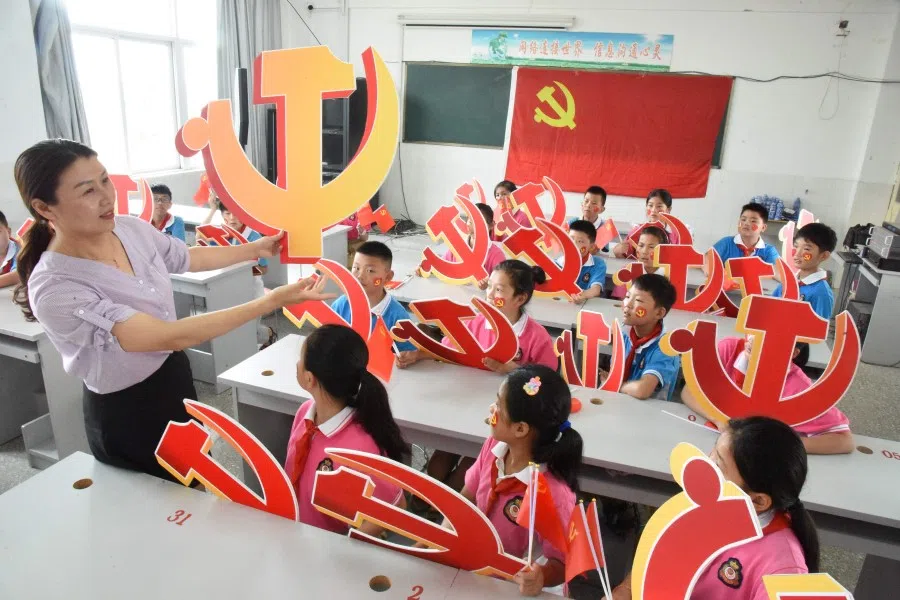
A muddled understanding
The strengths of China's system are visible for all to see in the current fight against the novel coronavirus. However, the crux remains that China has not yet crossed the first threshold in modernising its governance. Factors such as politics and political culture come into play, but it all comes down to a muddled understanding of what modernising governance entails, which has led to China spending a lot of effort on the endeavour, but still missing the point.
The fundamental processes involved in modernisation (including of governance) are rationalisation and secularisation. Rationalisation is easy to understand: doing things according to science, logic, facts, and rules and regulations, from which come authority and legitimacy of policies. Secularisation means not recognising superhumans and instead stipulating that everyone is equal before the law, regulations, procedures and reason, common sense, and conscience.
The emphasis on "political awareness" (讲政治, literal translation "talk politics") has shifted the source of authority and legitimacy to the leaders who hold power.
The CCP has made huge strides forward in building its institutions in recent years. But, on one crucial point, it has made major steps backwards, even regressing to the time of imperial power, or further back. That point is an inappropriate centralisation of power, and a re-emphasis of ideology and political correctness. The emphasis on "political awareness" (讲政治, literal translation "talk politics") has shifted the source of authority and legitimacy to the leaders who hold power.
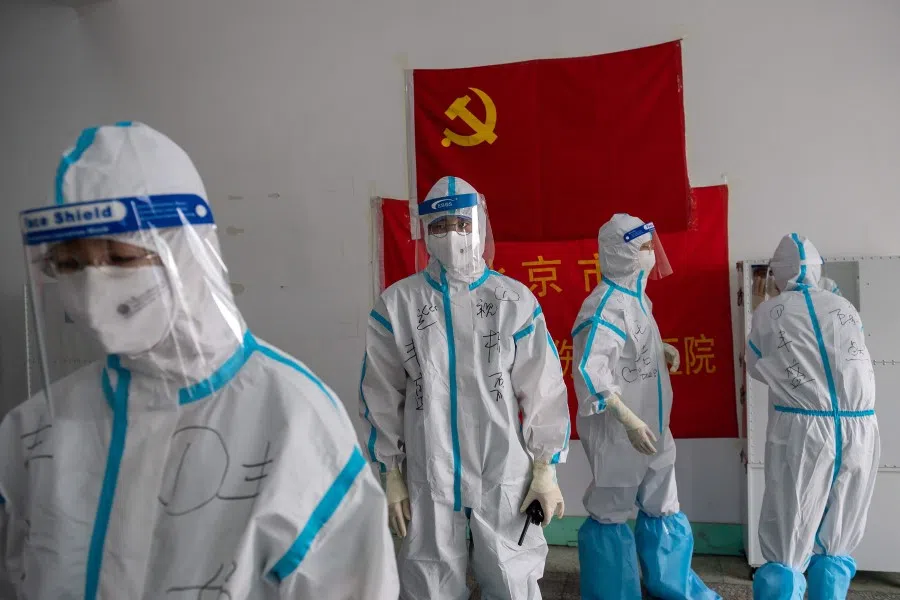
For example, under pressure to emphasise "political awareness", professional assessments of the coronavirus at a Wuhan hospital were tagged as "rumours" by municipal officials. These officials, in turn, were under enormous pressure from their superiors - all in fear of getting into trouble. But this led to a fiasco of epic proportions that could change the fate of China and the world, all due to a lack of respect for facts, truth, and conscience. It is a clear sign that governance is not yet modernised.
And so science, truth, and facts were of no use, and the result was the Great Leap Forward and the Cultural Revolution.
In the imperial era, there were supervisory officials from an agency known as the censorate who would monitor other officials and remind the emperor of things that he could do better. There was a daily morning court session as a platform of policy deliberation, and the emperor sometimes issued a public acknowledgement of his faults. None of these exists today. The truth is, only a deity could do the job of an emperor now. Mao Zedong never issued a public acknowledgement of his mistakes. Those who criticised him went to jail, because the "red sun" could do no wrong, and could only walk the path of being "great, glorious, and correct". And so science, truth, and facts were of no use, and the result was the Great Leap Forward and the Cultural Revolution. Under such circumstances, there was no room for practising another Chinese saying that each individual bears responsibility for the fate of a country (天下兴亡,匹夫有责).
Obedience, absolute loyalty and conformity
Of course, in the Confucian tradition, China's leaders may need to project more authority than leaders in the West. However, personality cult is neither necessary nor realistic. Japan, South Korea, and Taiwan, which all similarly come under the Confucian cultural circle, have secularised their leadership systems. Even the leaders in Vietnam, a country that is similarly run by a Communist Party, do not put on so much airs.
Everyone has their flaws and limitations. So the first thing in the modernisation of governance is to make it clear that leaders are also regular people.
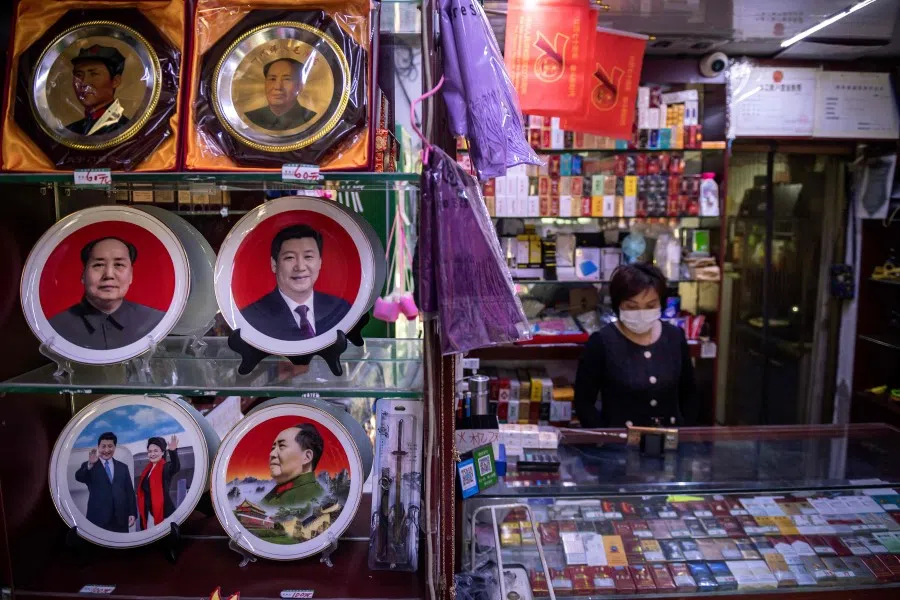
There are no perfect individuals in modern politics, nor are there superhumans. Everyone has their flaws and limitations. So the first thing in the modernisation of governance is to make it clear that leaders are also regular people. It means everyone doing their best in their roles and capacity, and shouldering their responsibilities without having to always second-guess their superiors' whims and fancies; it means engaging in discussions and debates rather than making unilateral decisions and being hungry for credit; it means staying grounded and being self-aware; it means going by the law, due process, and rules, rather than following individual whims; and it means treating everyone equally and being able to take criticism, scoldings, and give heed to contradictory and even "preposterous" suggestions.
Today's China, however, would be a heap of sand without the government, which is why the government and its capabilities are necessarily held to such high and exacting standards.
A muddled understanding of what modernising governance means is manifested in a one-sided interpretation of it as obedience, absolute loyalty, and closely following the leader. An overemphasis on all this would squeeze out rationality and common sense.
Admittedly, the problems above exist in any bureaucracy, including those in developed countries. But the society in developed countries is highly capable of self-governance, and rapid changes of government have limited impact on daily life. Even in ancient China, imperial authority stopped at the county level, below which self-governance was the norm. Today's China, however, would be a heap of sand without the government, which is why the government and its capabilities are necessarily held to such high and exacting standards.
Personal factors still trump everything
Even though China has made huge progress in recent years in institution building, at various levels and agencies in various places, personal factors still play a larger role than the system, discipline, law, and regulations. Ruly by person, autocracy, favouritism, patron-client ties and guanxi or connections are still rampant, along with practising formalism towards superiors and bureaucratism towards subordinates. Apart from the systemic problem of being accountable only to superiors and not subordinates, another source of bureaucratism is that of being out of touch with reality. The unregulated, unfair, and unpredictable power that superiors hold in determining the appointment of their subordinates turns those subordinates into retainers or vassals, which leads to two cultures: the knave culture and eunuch culture.
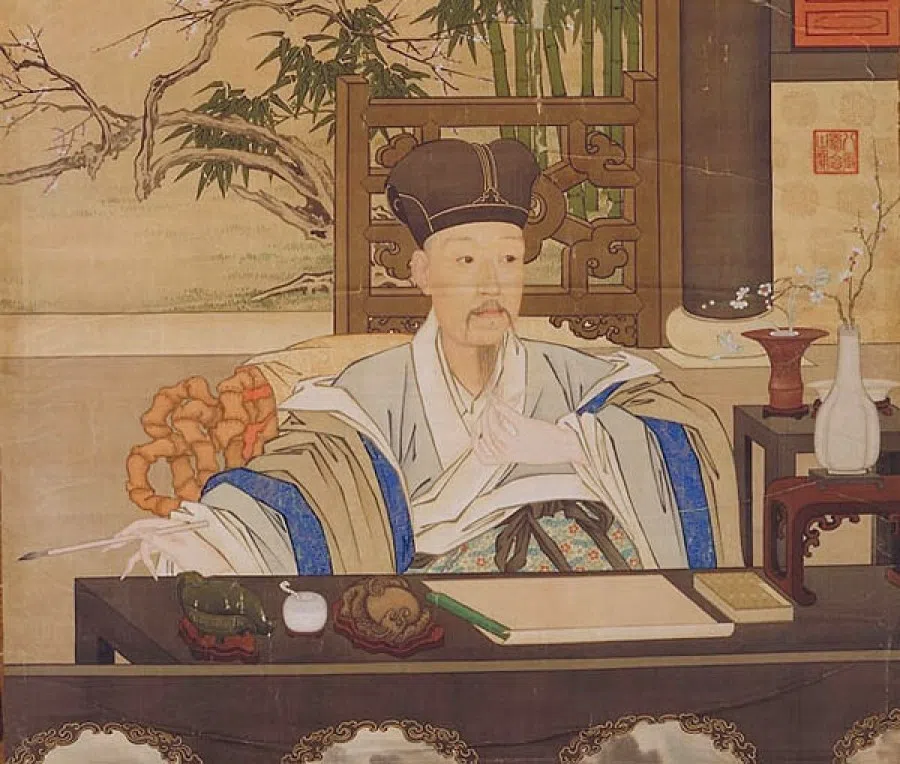
These two cultures produce an information bubble around the leading cadres, or in other words, a closed system of communication that creates the false impression that all is well; this makes them deaf, blind and self-righteous. Emperor Qianlong's arrogance towards British envoys was a result of the seclusive and isolated institutional environment of China then.
The institutional mechanisms that led to the disastrous Great Leap Forward are still alive and well. And if this power-centric and favour-based political culture does not change, if the contradictions, lack of clarity, and room for manoeuvring in party-based public administration are not set straight, the rule of law and an efficient modern bureaucracy cannot be truly established, and China's governance system and capabilities cannot be modernised.
... the US's top infectious diseases expert Anthony Fauci, the intelligence chief, the military, and the academics have all publicly gone against what US President Donald Trump has said. If that happened in China, it would be like the end of the world.
The advantages of China's system can only be fully actualised with modernisation. Otherwise, those advantages quickly become disadvantages and the source of disaster. Modernisation calls for getting rid of deities and emperors and allowing cadres to insist on doing the right thing, performing their roles and fulfilling their responsibilities. And only by guaranteeing cadres' basic rights of autonomy in their roles can China's governance system work on the basis of science, facts, conscience, and efficiency, rather than be hijacked by the power of superior cadres; only then will everyone be equal before the law and the truth.
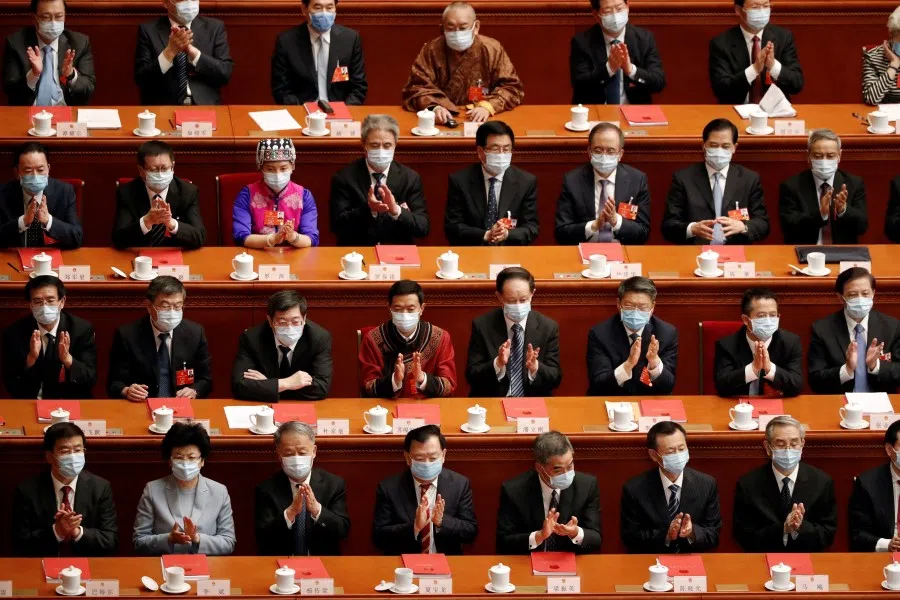
People are the embodiment of rationality and facts. Truth is obtained through open, fair, and free discussion and competition among people. And so, there must be transparency, free discussion and debate, as well as supervision by public opinion. Shortcomings in these areas are the main reasons why the international community is demanding accountability from China on Covid-19. Compared to China, the US's handling of the pandemic has been disastrous, but after the coronavirus passes, the US system will remain more credible than China's.
The CCP tradition has been to project a unified appearance to the outside world, and even normal discussion of public policy is not allowed. This is precisely why China's system lacks international credibility.
And when it comes to the source of the coronavirus, the US's top infectious diseases expert Anthony Fauci, the intelligence chief, the military, and the academics have all publicly gone against what US President Donald Trump has said. If that happened in China, it would be like the end of the world. But such open airing of differences in opinion is precisely what makes the US credible, because people know that in this system, facts, truth, logic, and law are the bottom line, and not the power and will of the President.
The CCP tradition has been to project a unified appearance to the outside world, and even normal discussion of public policy is not allowed. This is precisely why China's system lacks international credibility. It is also the basis of the perceived "China threat", and a sign of non-modernisation of its governance system and capabilities.
If there comes a day when an ordinary official or civilian in China wins a lawsuit against the premier or president; when an ordinary party member wins out an argument against the general secretary of the party; when there is no more hot air and blathering on official media; when officials no longer repeat at length politically correct slogans ad nauseam - that is when the modernisation of China's governance is well on its way.





